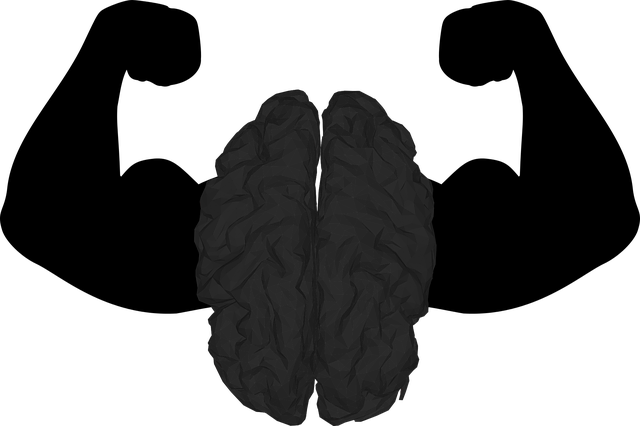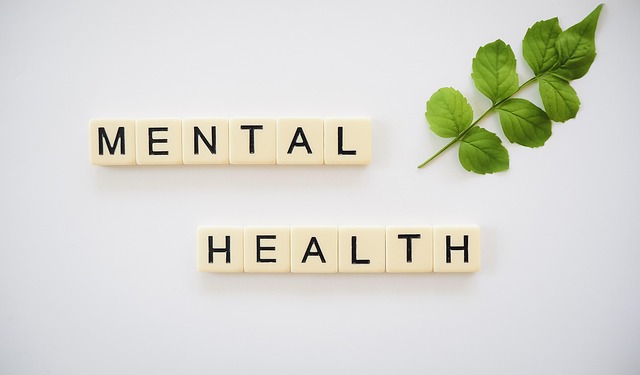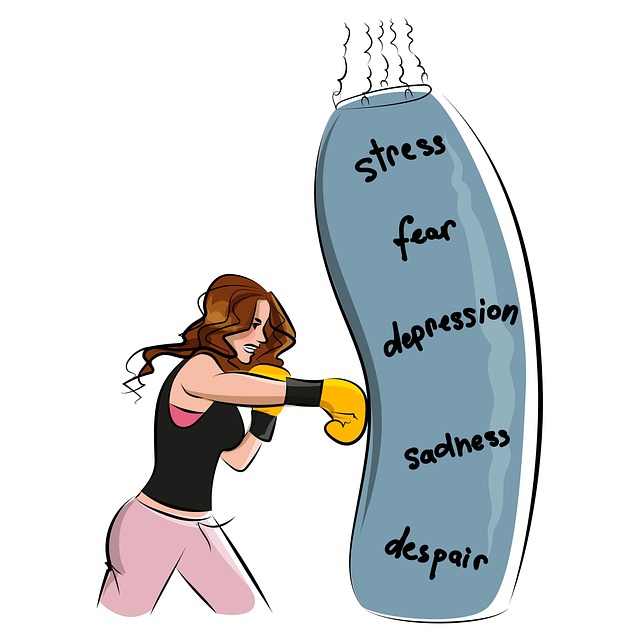The stigma surrounding mental health significantly impedes elderly access to essential care, leading to delayed diagnoses and exacerbated symptoms. Societal stereotypes about aging and mental health create barriers, such as attributing emotional struggles to natural aging. Effective stigma reduction requires raising awareness, promoting open conversations, encouraging help-seeking behaviors, and providing non-judgmental healthcare spaces. Key interventions include therapy, safe community spaces, compassionate evaluations for conditions like ADD-ADHD, and comprehensive Mental Health Policy Advocacy. These efforts empower individuals, foster understanding, dispel myths, and normalize mental well-being discussions across various settings, ultimately creating a more inclusive society that supports elders' mental health needs, including therapy and ADD-ADHD evaluations.
Mental illness stigma remains a significant barrier to elders receiving proper mental health care. This article explores targeted interventions like therapy and ADD-ADHD evaluations as powerful tools in stigma reduction. We delve into strategies for sustainable change, emphasizing community engagement and fostering supportive environments. By understanding the impact of stigma and implementing effective solutions, we can create a more inclusive society that supports elder mental health. Additionally, focusing on evidence-based practices such as therapy and specific evaluations, like those for ADD-ADHD, plays a crucial role in breaking down societal barriers.
- Understanding Stigma and Its Impact on Mental Health Care for Elders
- Targeted Interventions: Therapy and ADD-ADHD Evaluations as Tools for Reduction
- Strategies for Sustainable Change: Engaging Communities and Fostering Supportive Environments
Understanding Stigma and Its Impact on Mental Health Care for Elders

Stigma surrounding mental illness can significantly hinder an elderly individual’s access to necessary healthcare services and support. Elders often face unique challenges when it comes to seeking therapy, as societal stereotypes and misconceptions about aging and mental health can create barriers. For instance, many older adults might attribute their emotional struggles to natural aging processes rather than recognizing the possibility of an underlying mental health condition, such as ADD-ADHD. This delay in diagnosis can lead to exacerbated symptoms and a reduced quality of life.
Understanding the impact of stigma is crucial for implementing effective mental illness stigma reduction efforts. By raising awareness about the prevalence of mental health issues among elders and promoting open conversations, we can foster an environment that encourages help-seeking behaviors. Healthcare providers play a vital role in this process by offering non-judgmental spaces for evaluation and providing evidence-based therapies tailored to the unique needs of elderly patients. Incorporating conflict resolution techniques and burnout prevention strategies can further ensure effective care, allowing elders to access the support they deserve without facing additional barriers stemming from societal stigma.
Targeted Interventions: Therapy and ADD-ADHD Evaluations as Tools for Reduction

Stigma reduction efforts in mental illness often focus on targeted interventions that empower individuals and communities. One such powerful tool is therapy, which provides a safe space for elders to process their experiences, gain insights, and develop coping strategies. Through compassionate conversations with trained professionals, the unique challenges faced by seniors can be addressed, fostering a deeper understanding of mental health issues within this demographic.
Additionally, ADD-ADHD evaluations play a crucial role in stigma reduction. By accurately identifying and diagnosing these conditions, especially in older adults, healthcare providers can offer tailored support. This includes evidence-based treatments such as cognitive-behavioral therapy, medication management, and compassion cultivation practices. Such interventions not only alleviate symptoms but also raise awareness about the neurodiversity of mental health, contributing to a more inclusive and supportive society for all, including those navigating trauma support services or enjoying production of mental wellness podcast series.
Strategies for Sustainable Change: Engaging Communities and Fostering Supportive Environments

Reducing stigma associated with mental illness is a multifaceted endeavor, and one key strategy lies in engaging communities directly. By fostering open conversations and educational initiatives, we can dispel myths and create a more supportive environment for those facing challenges like Anxiety Relief or managing conditions such as ADD-ADHD. Community-based programs, workshops, and peer support groups play a pivotal role in this process. These gatherings provide safe spaces for individuals to share their experiences, reducing isolation and promoting understanding.
Moreover, creating supportive environments extends beyond local communities; it encompasses schools, workplaces, and healthcare settings. Implementing Mental Health Awareness campaigns can help normalize conversations about mental well-being. This, coupled with effective Mental Health Policy Analysis and Advocacy, ensures that policies are in place to support individuals throughout their journeys, whether they seek therapy for Elders or specialized evaluations for ADD-ADHD. Ultimately, these collective efforts contribute to a society where mental illness is met with compassion and understanding rather than stigma.
Mental illness stigma reduction is a multifaceted approach that, when implemented effectively, can significantly improve mental health care access and outcomes for elders. By understanding the pervasive impact of stigma and employing targeted interventions like therapy and ADD-ADHD evaluations, we can create supportive environments that foster understanding and acceptance. Engaging communities in these efforts is crucial for sustaining change, ensuring that elders receive the compassionate care they deserve without fear of judgment or discrimination.














